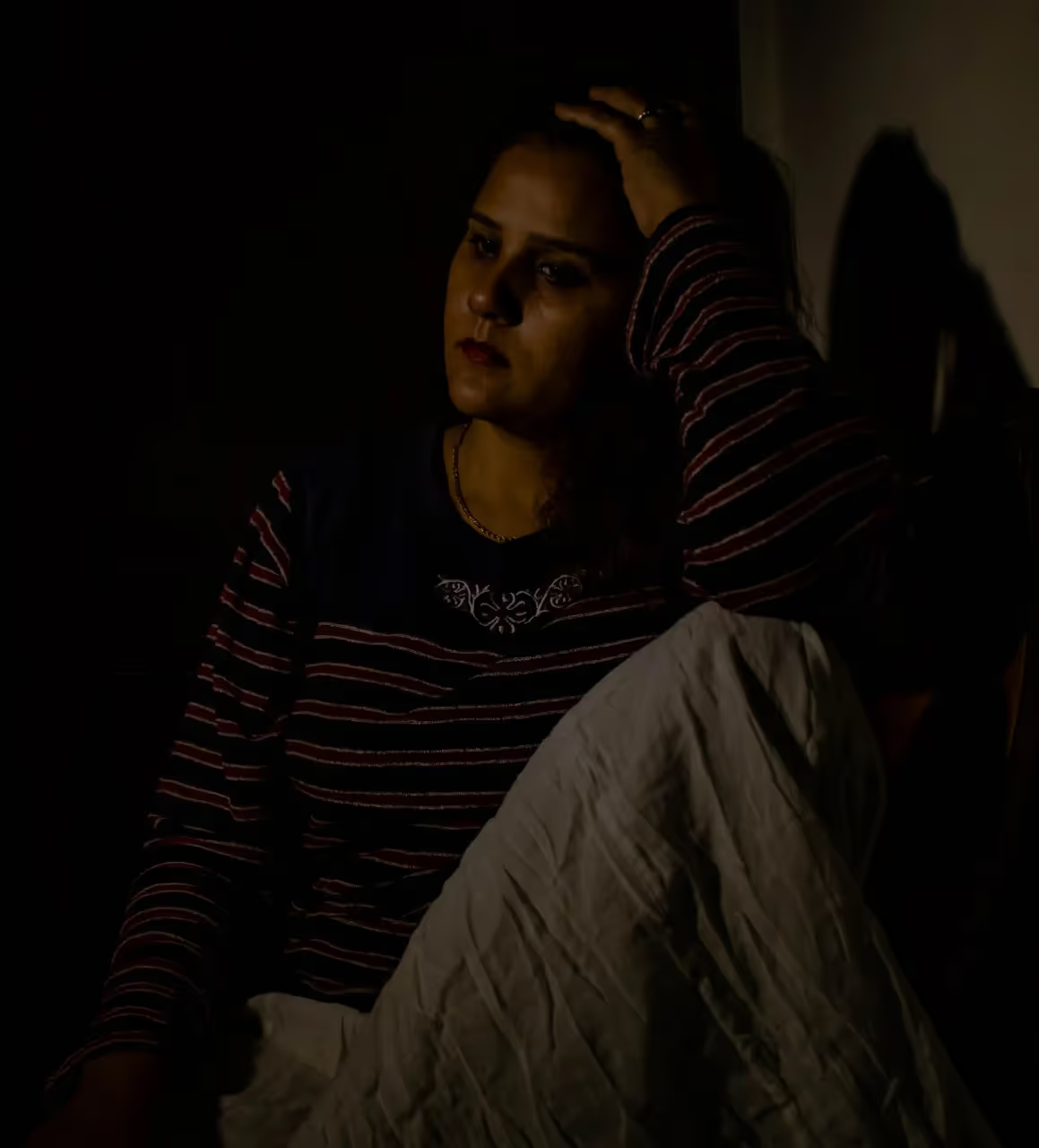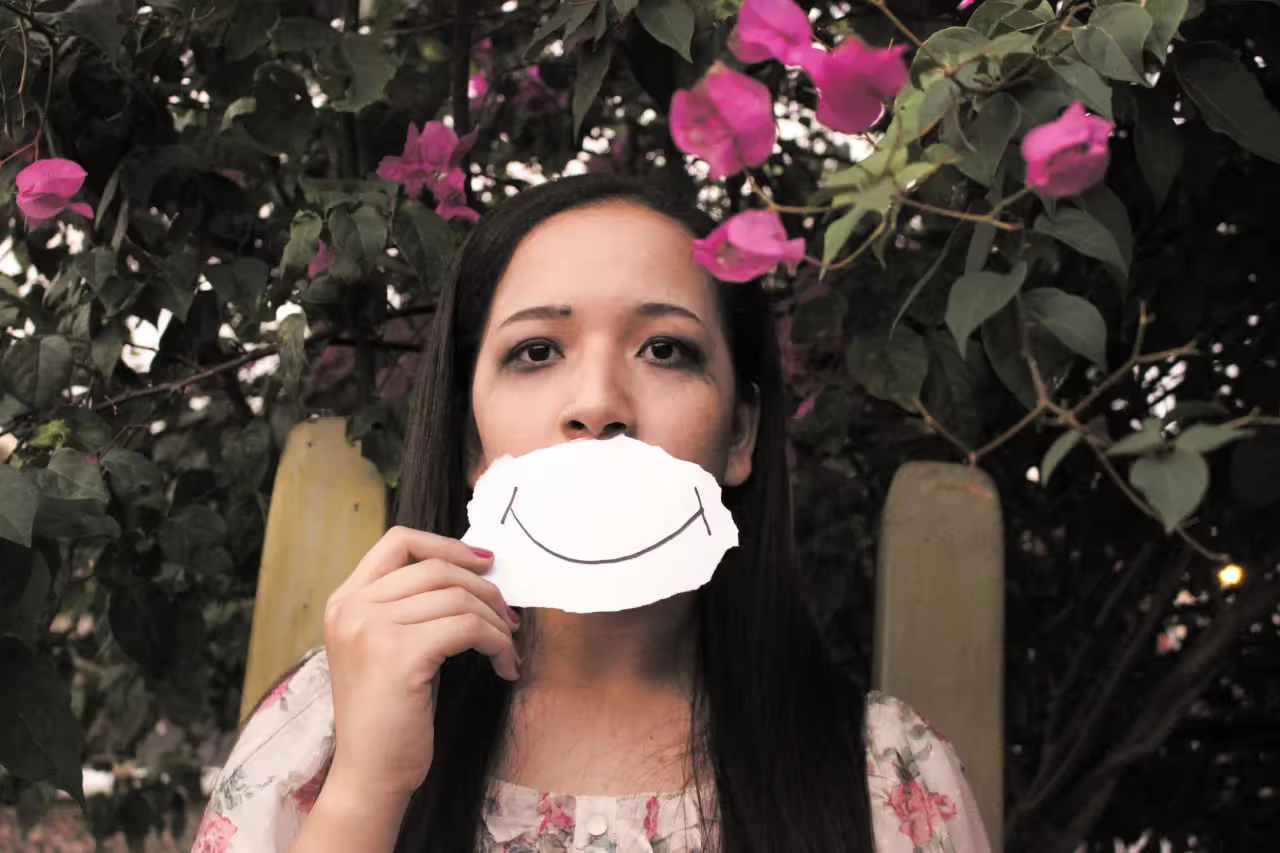Every teenager goes through the typical emotional roller coaster.They may love you one minute and hate you the next.Suppose your teen lashes out more than...

Every teenager goes through the typical emotional roller coaster.
They may love you one minute and hate you the next.
Suppose your teen lashes out more than usual and isolates herself from her friends.
Her father had cancer and passed away a few months ago.
She claims to be fine, but you notice that she only comes out of her room to get food.
She has trouble sleeping and screams at night, claiming she is reliving seeing her father fall and cry out in pain over and over.
She could have PTSD.
Post-traumatic stress disorder develops after witnessing or experiencing a traumatic event.
Each individual is different, and what causes one teen to develop PTSD does not appear to affect their sibling or another person in the same way.
Adults handle stress differently than teenagers because we have developed coping skills, whether good or bad, to assist us when confronted with traumatic events.
On the other hand, a teen's father's death may be the first traumatic event they have had to deal with in their short life.
Now that we have discussed what PTSD in teens is let's go over some of the signs of PTSD in teens and some of the possible things that could cause PTSD to develop.
Thankfully, there is help for teens who have PTSD, and therapy options are available to cope with the pain and move on to the long, fulfilled life they deserve.
One of the signs of PTSD in teens is aggressiveness, which differs from adults who have PTSD.
Teenagers with PTSD may become more violently prone and become physical with their siblings or friends.
Another sign that is more common in teens than in adults is reliving the event.
This can involve seeing flashbacks of the event and having sleep disturbances or recurring dreams about the event.
Some other signs of PTSD in teens to look out for are:
If your teen exhibits some of these symptoms, they may have PTSD.
Or perhaps they are acting out of character by hanging out with a different group of friends or unexpectedly cheating on their significant other when they were previously loyal to them.
If something is wrong, it may benefit both your teen and yourself to seek PTSD treatment.
So, what exactly is trauma to a teen?

While some students may be able to move on after witnessing a school shooting, others may not be able to.
They may even start acting out the violence at home with toy guns or a video game, just like a child would.
Because teenagers are between children and adults, they can experience traumatic events and react either way.
In one manner, they may act like a child, but they may act like an adult in another.
Some types of events that could lead to PTSD in teens include:
This is not an exhaustive list of traumatic scenarios because everyone interprets events and reacts to situations differently.
If you notice signs of PTSD in teens, remember that treatment is available.
You can help your kids adjust their ways of thinking, allowing them to move past the trauma healthily.
Although teens cannot avoid trauma, not every child or adolescent who witnesses an event will develop PTSD.
Some teenagers will recover well from trauma.
However, of those children and teenagers who have experienced trauma, 3 percent to 15 percent of girls and 1 percent to 6 percent of boys develop PTSD.
Girls are more prone to developing PTSD than boys, and some estimate that PTSD in teens is higher than in adults, but it's not always caught in time.
What about the son riding home from basketball practice with a teammate in the rain?
The driver lost control of the vehicle, which flipped upside down off the bridge. The driver was killed, but the other teen was not.
He appears to be okay at first, but a few days after the funeral, he begins to isolate himself and stops attending basketball practice.
He becomes agitated and yells at his younger sister.
He claims that he sees the car flipping over in his dreams every night and that he only sleeps a couple of hours per night.
He appears to be suffering from PTSD.

Untreated PTSD in adolescents can lead to a variety of mental health problems.
The development of a substance use disorder is one risk.
Teenagers are more likely to drink due to peer pressure and partying, so having a drink to numb the pain is more common when a traumatic event occurs.
Teens who have experienced trauma may begin to use drugs or alcohol to cope with their negative feelings, a precursor to developing alcoholism later in life.
We must treat signs of PTSD in teens as soon as possible to help them later in life.
Untreated PTSD can lead to substance use disorders and other problems such as:
Now that we've covered the signs of PTSD in teens let's look at how you can help your teen overcome it.
Fortunately, there are treatment options available for you and your teen.
If they exhibit any of these symptoms, they should seek the help of a therapist who can help them work through the trauma.
Some treatment approaches may include any of the following:
If you notice any signs of PTSD in your teen, it is a good idea to find a therapist who can assist your child in positively overcoming the trauma.
PTSD in teens can make their lives difficult.
Thankfully there are treatment options if you notice any of these signs.
After a traumatic event, therapy can help them get back on track and succeed.
Teenagers are young and deserve a chance in life after any hardships they may have overcome.
https://www.ptsd.va.gov/understand/common/common_children_teens.asp
Common types of trauma associated with addiction include childhood abuse, neglect, domestic violence, sexual assault, and witnessing or experiencing life-threatening events.
While it can be beneficial for a therapist to have experience with your specific type of trauma, it's not always necessary. A skilled trauma-informed therapist should have the knowledge and tools to help clients heal from various traumatic experiences. However, if you feel strongly about working with someone who has specialized experience in your particular trauma, prioritize this in your search.
The timeline for seeing results with trauma-informed therapy varies from person to person and depends on factors such as the nature of the trauma, the individual's coping skills, and the level of support they receive.
It's important to be patient and compassionate with oneself during the healing process.
If you have experienced trauma and believe it may be contributing to your addiction, discuss your concerns with a mental health professional who can assess your needs and recommend appropriate treatment options.
Assertive communication involves expressing your needs and boundaries respectfully and clearly, while still considering the feelings and perspectives of others.Aggressive communication, on the Work with your therapist to develop assertive communication skills and practice implementing these techniques in various contexts.Building confidence in your ability to assert boundaries within therapy can translate to increased assertiveness in other areas of your life as wellother hand, may involve blame, criticism, or disrespect towards others.If you're unsure about your communication style, discuss it with your therapist, who can provide guidance and support.